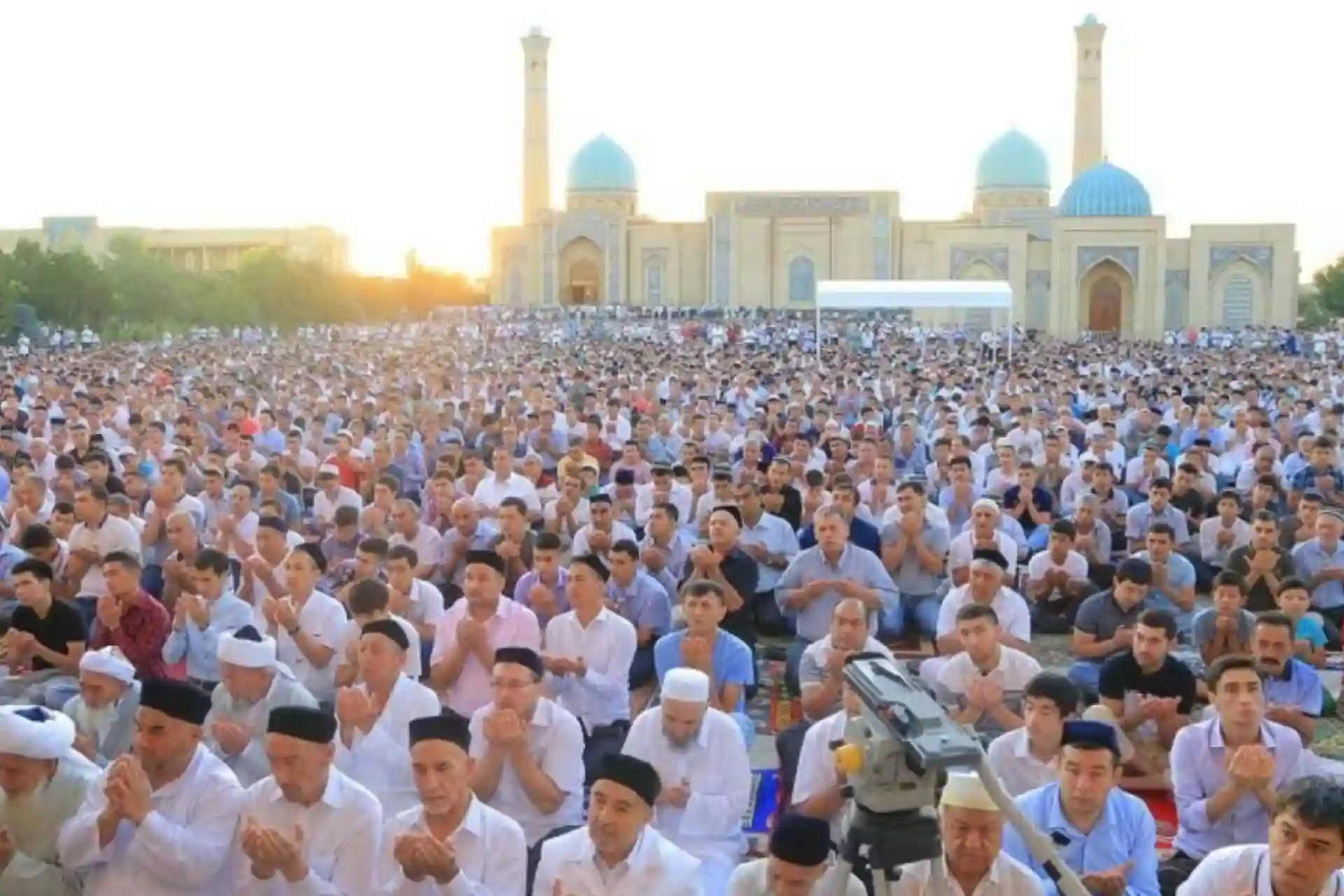Poll: What do devout Muslims in Uzbekistan want?
Religion in modern Uzbekistan: between tradition and renewal
From May 2 to 4, 2025, more than 700 people participated in a survey on the “Strategic Focus: Central Asia” Telegram channel on the topic “What do religious people in Uzbekistan want?” The results show that religion still holds an important place in the consciousness of society, but the need to understand it in a modern context and integrate it into social life is growing.
1. Modernization of religiosity
The majority of respondents (58%) consider themselves to be “moderately” religious, while 15% consider themselves to be “highly” religious. This suggests that while religion is widespread, it is perceived as a more personal matter. There was no evidence of fanaticism. Notably, only 10% of respondents said they receive religious knowledge from scholars or religious institutions. 41% get their knowledge from the internet, and 34% from books. This suggests that the influence of traditional religious leaders is waning, while digital learning and independent learning are on the rise.
2. Limited freedom and cautious trust
Only 22% of respondents believe that religious freedom in the country is sufficient. 43% believe it is partially sufficient, and 35% believe it is completely insufficient. Trust in official religious institutions is also not high: 30% believe it is completely sufficient, and 50% believe it is partially sufficient.
3. Religion and society: growing demands
A large majority of the public supports religious leaders being more active in social (64%) and political (52%) life. 54% of respondents support mandatory religious education in schools, and 57% support allowing religious clothing (such as the hijab) in educational institutions. This reflects a desire to reconcile traditional values with modern institutions.
4. Key issues for today's believers
Religion and family (56%) and the role of believers in science and education (56%) were noted as the main problems. The issue of youth education and spirituality (46%) was also highlighted as an important direction. Only 12% of respondents considered the "religious economy" to be relevant - this indicates that attention is more focused on spiritual and cultural values.
5. Social demand for tradition
The level of support for traditional schools and teachings, such as Hanafiism and Maturidiism, was 53%. However, 26% of citizens want the freedom to choose from alternative directions. At the same time, 80% of respondents believe that religious educational institutions in the country are insufficient. This indicates the need to take strategic measures in the field of spiritual education.
Conclusion
Religious life in Uzbekistan is becoming increasingly personal, conscious, and enlightened. While society retains respect for tradition, there is also a growing desire to adapt it to the demands of the times. Citizens of Uzbekistan want to see religion not only as a spiritual support, but also as a conscious, knowledgeable, and socially responsible force.
Note : The results of this survey reflect the views of subscribers to the "Strategic Focus: Central Asia" channel and cannot be taken as the opinion of the entire population.
Hamidullah Beruni

